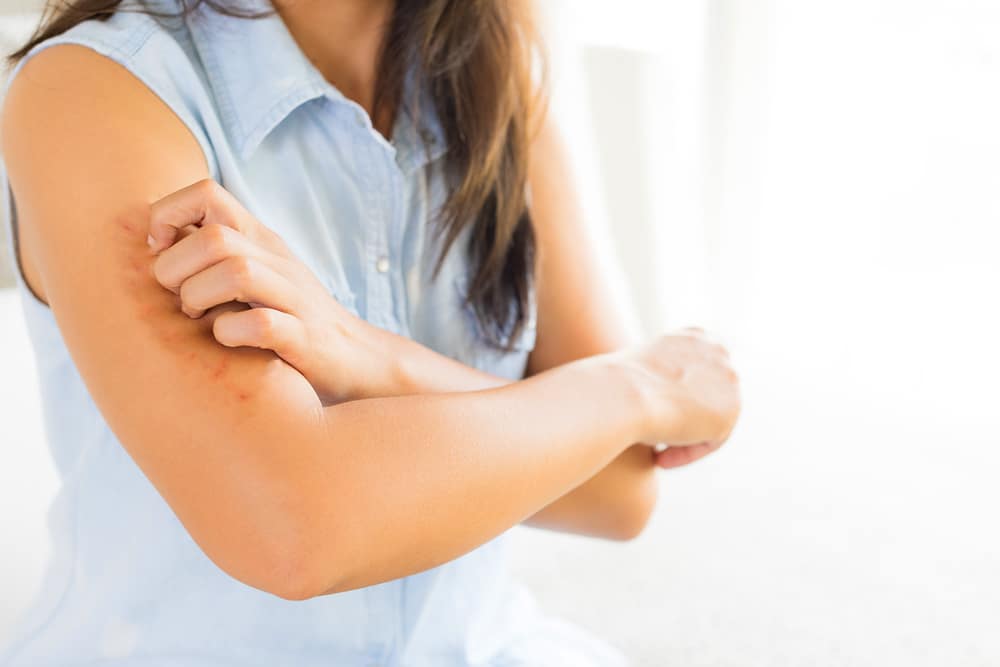Do You Need Medicine To Stop Poison Ivy Itch?

With its notorious three-leaf pattern, poison ivy is an all-too-common culprit of itchy, uncomfortable skin rashes. Whether you accidentally brush against the plant or come into contact with its oils through clothing or pets, the resulting poison ivy itch can be a frustrating experience. But do you need medicine to stop poison ivy itch, or do other treatments work? Let's explore how to identify a poison ivy rash, various treatments, and when to consider over-the-counter (OTC) products or consult a healthcare professional.
How to Know if You Have Poison Ivy Rash
Identifying poison ivy rash is often straightforward if you've recently been outdoors in areas where the plant grows. The rash usually appears 12 to 48 hours after contact and can be characterized by:
- Redness
- Swelling
- Blisters
- Intense itching
The rash is caused by urushiol, an oil in poison ivy, poison oak, and poison sumac. When this oil touches your skin, it triggers an allergic reaction. In most cases, you'll notice streaks or patches of red, itchy bumps or blisters where your skin made contact with the plant. The resulting poison ivy itch can range from mild to severe, depending on your body's response.
How to Treat Poison Ivy Rash at Home
Home remedies can relieve and reduce the risk of complications for many mild cases of poison ivy itch. The Mayo Clinic recommends starting with essential remedies to soothe your skin and help reduce the itching:
- Cold Compresses: Applying a cold compress or soaking in a cool bath can help reduce inflammation and temporarily relieve the poison ivy itch.
- Oatmeal Baths: Adding colloidal oatmeal to a lukewarm bath can soothe irritated skin and alleviate itching. This is particularly effective for widespread rashes.
- Soothing Lotions: Soothing topical lotions like Calagel Itch Relief Gel can be applied to the affected areas to calm the itch and dry up blisters.
- Avoid Scratching: While it's tempting to scratch, doing so can lead to broken skin, infection, and a longer healing time. Keeping your nails short and wearing loose clothing can help prevent further irritation.
If your rash persists or worsens, you may need to look beyond these home treatments for poison ivy.
Do You Need Medicine To Stop Poison Ivy Itch?
You may not need prescription medicine in mild to moderate cases of poison ivy rash. However, over-the-counter products are often necessary to provide fast and effective relief, especially for cases where the poison ivy itch doesn't respond well to essential home remedies.
Calagel is an excellent choice for those seeking relief from poison ivy itch. This clear, non-greasy gel provides relief from itching and irritation. Unlike some lotions, Calagel stays on the skin and continues working even after it's applied, making it a go-to product for treating poison ivy.
Another helpful OTC product is Tecnu Rash Relief Spray. This medicated spray is perfect for when you want a quick, touch-free application. It contains a homeopathic formula that reduces itching and discomfort. The spray format is ideal for hard-to-reach areas or to avoid touching the rash directly.
When to See a Doctor
If your poison ivy rash covers large areas of your body, especially your face or genitals, you should seek medical attention immediately if you experience swelling, fever, or difficulty breathing. Severe allergic reactions to poison ivy may require more potent treatments, such as corticosteroids like prednisone, to reduce inflammation and help your body recover. Your doctor may also prescribe more potent antihistamines to manage the poison ivy itch.
Will Poison Ivy Go Away on Its Own?
Yes, in most cases, poison ivy rash will go away in 1 to 3 weeks. However, the itch and discomfort can last for several days, and in some cases, they may persist longer without treatment. While the rash will eventually heal, managing symptoms and preventing infection is crucial.
Whether or not you need medicine to stop poison ivy itch depends on the severity of the reaction and your body's response. Over-the-counter solutions like Calagel and Rash Relief Spray can provide significant relief when the itch won't go away. Consulting a doctor is essential for more severe reactions to prevent complications and speed up recovery.
In most cases, poison ivy rash will heal independently, but you don't have to suffer. Quick action and using the right treatments can make a world of difference in stopping the itch and ensuring a smooth recovery.




